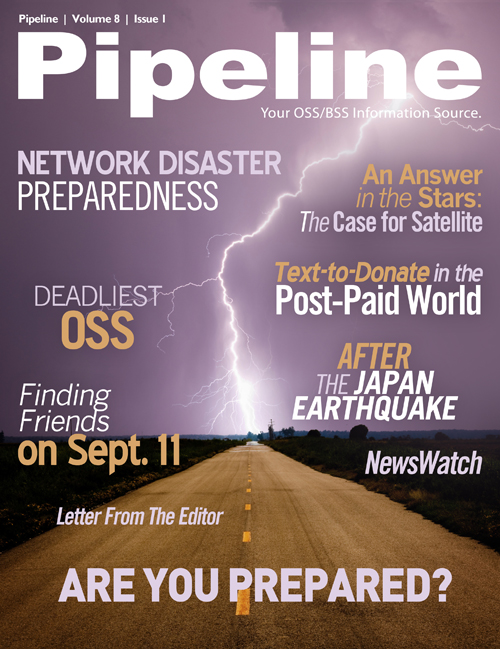By: Tim Young

In the aftermath of any natural disaster, the first order of business for those fortunate enough to live beyond the affected area is to find a way to help. Sometimes helping means wielding a shovel or delivering clean water, but for most, helping means monetary donations.Given the increased speed and frequency of communication and the extent to which the desire for instant gratification has pervaded all aspects of life, it's only natural that relief agencies have begun to offer the option of making small donations via SMS shortcode. But facilitating charitable giving in a manner that is rife with conditions is a dangerous game.
The Haiti Precedent
This process for giving $5 or $10 at a time to organizations like the Red Cross made its large-scale debut after the 2010 earthquakes in Haiti, and the results were astonishing. The earthquake tore through Port au Prince on a Tuesday afternoon in January, and by the following Thursday, the Red Cross reported that over US$5 million had been raised via text donation. Consider that’s more than $5 million raised $10 at a time in two short days by mobile subscribers who never had to write a check, visit a website, or handle a credit card. No fuss, no muss, right? The subscriber becomes a donor and relief is speeded to those who need it. So, where's the downside?
One person to ask that question would be United States Senator Barbara Boxer, who wrote a letter in March to US wireless carriers asking them to cut the time it takes for money to find its way from carriers whose subscribers have made donations to the organizations in need of those donations.

 Referring specifically to the crisis in Japan, the letter was written in response to a petition that law student Masaya Uchino started and refers to statements US carriers made that text donations could take up to three months to reach the Red Cross and other charities. The lag is an outgrowth of postpaid billing realities. Carriers set a precedent during previous crises where they ponyed up the cash in advance, in hopes that their customers would pay their bills with no complaints and wouldn't overwhelm carrier call centers with baffled inquiries about the extra ten bucks on their wireless bills.
Referring specifically to the crisis in Japan, the letter was written in response to a petition that law student Masaya Uchino started and refers to statements US carriers made that text donations could take up to three months to reach the Red Cross and other charities. The lag is an outgrowth of postpaid billing realities. Carriers set a precedent during previous crises where they ponyed up the cash in advance, in hopes that their customers would pay their bills with no complaints and wouldn't overwhelm carrier call centers with baffled inquiries about the extra ten bucks on their wireless bills.
Wireless carriers have opened yet-another Pandora's box, as donors want to be able to donate via text from now on. But they also want wireless carriers to front that cash to charitable organizations rather than hold onto it until the end of the billing cycle. And this isn’t the only complaint about the way wireless firms handle text donations. Other concerns include carrier-imposed caps on the amount that can be donated through a single SMS (that 10 dollar cap is set by carriers, not by donation recipients), and carrier-imposed limits on which firms can receive SMS donations through that carrier (which means that some wireless subs may be able to donate to organizations via text that subs to a different carrier may not have access to). It's a convoluted landscape.
However, as has been the case time and time again, carriers may find themselves being cut out of the process, altogether. Firms like California-based Obopay are starting to enable text donations without becoming entangled in the sometimes-byzantine and often-sluggish postpaid wireless billing process.








